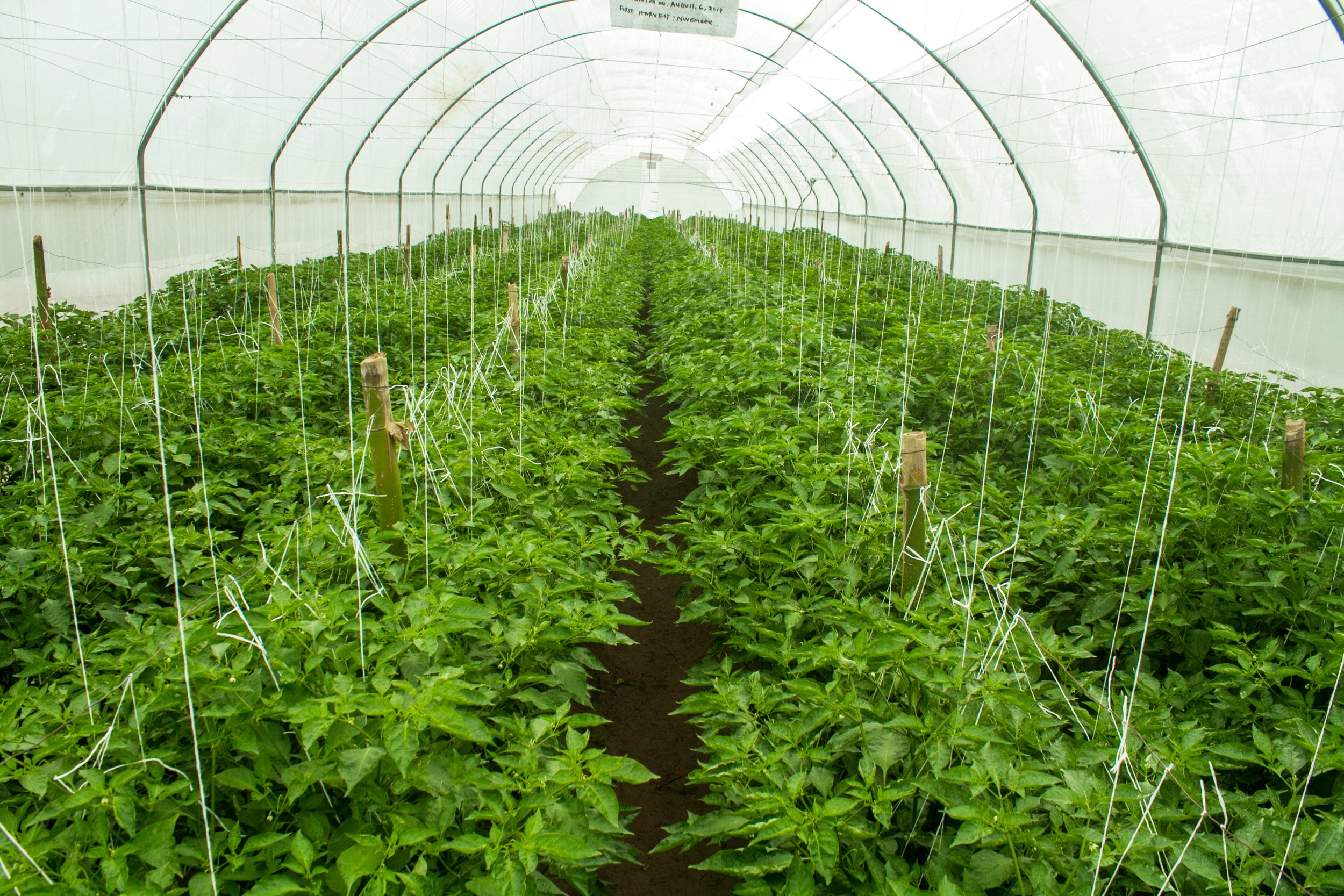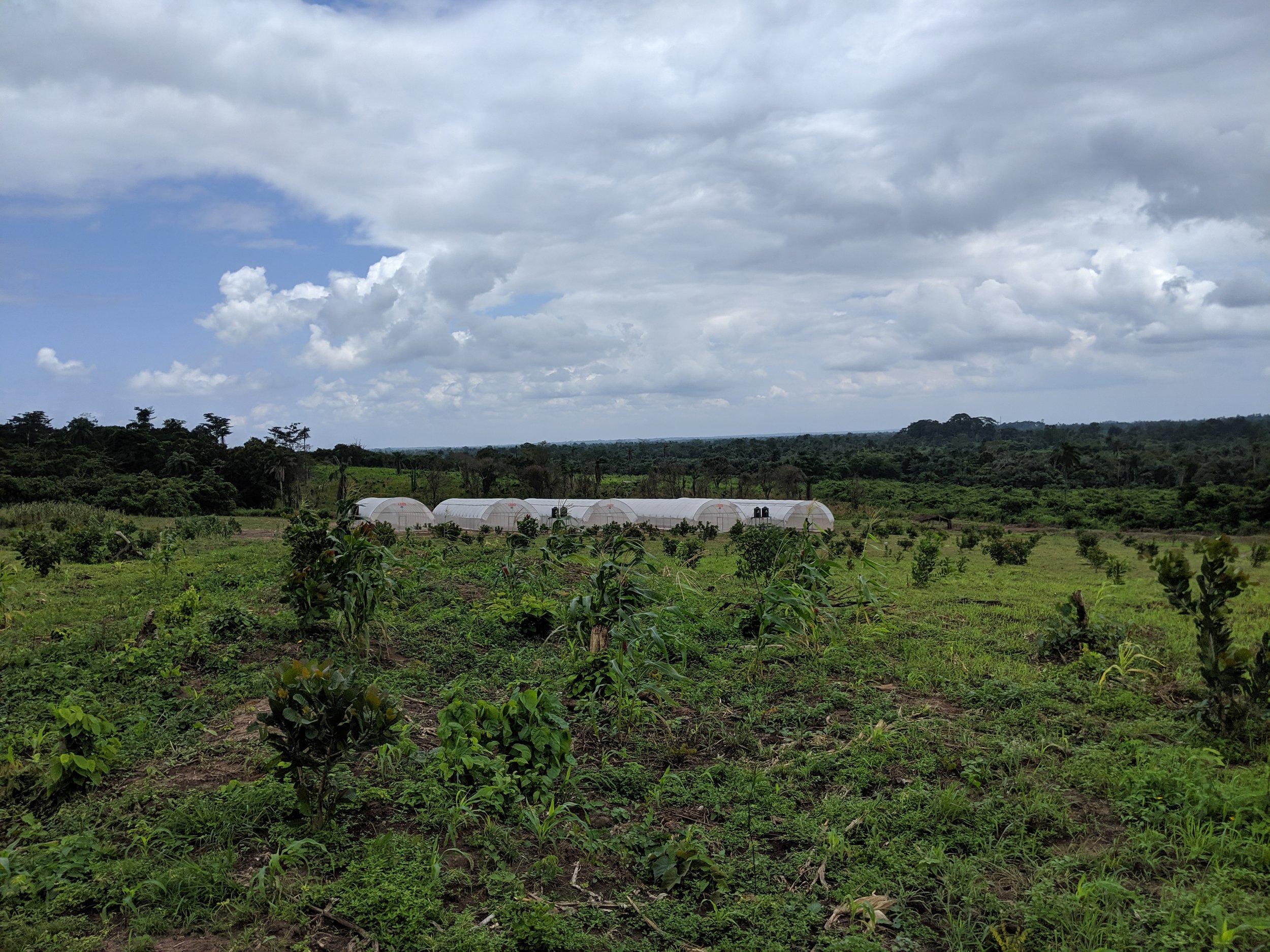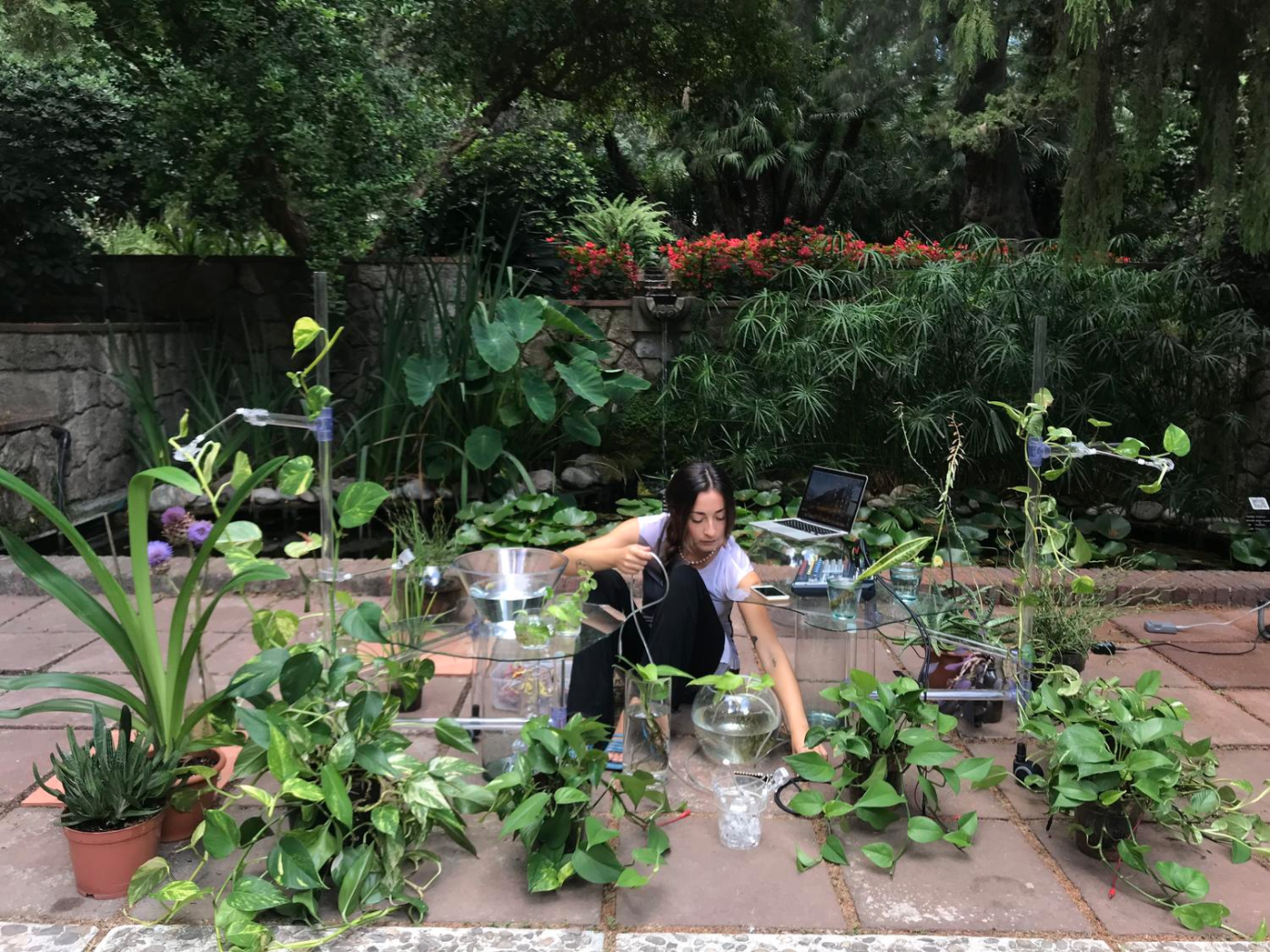Artist Residencies as Social Practice: A Conversation with Yinka Shonibare Foundation
We caught up with the Yinka Shonibare Foundation to talk about their new residency program at the G.A.S Foundation in Nigeria, where community engagement and social intervention are a key component.
What is the potential role of an artist residency — not just for artists, but for the community in which it's based?
Artist Communities Alliance conducted a study on social-practice residencies, addressing the question of how artist residencies can engage with communities in responsible and meaningful ways. Among their conclusions they determined that “residencies [are] a fertile ground for social-practice — grappling with the intersections of place, identity, change, social systems, justice and injustice; and granting artists the same freedom to explore and engage in critical ideas outside the studio as within.”
Engaging the relationship between art and society is at the core of a new residency program run by the Yinka Shonibare Foundation (Y.S.F). With social interventions already forming part of his practice, British-Nigerian artist Yinka Shonibare CBE RA started the non-profit Guest Artists Space (G.A.S.) Foundation in Nigeria. In 2022, Guest Artists Space is launching a pair of residency sites — one in Lagos and one on a rural farm in Ijebu, Ogun State, which will take a trans-disciplinary approach. The artist initiated the foundation to cultivate and build infrastructure for the local art scene, promoting inclusivity in the arts by providing access to career development opportunities and breaking down traditional art world barriers, while facilitating cultural exchange.
But the residency also goes beyond supporting the art ecosystem, to support the local ecosystem more broadly. “I want the project to contribute to society, with ideas around sustainability,” Shonibare has said about the initiative in Ijebu. The site, Ecology Green (EG) Farm, was established by Shonibare in 2018 and is already staffed and equipped with greenhouses that grow produce. Now, it will also host artists and cultural practitioners, among others, bringing more activity to the site.
As Shonibare elaborates on the Y.S.F website: “The point of all this is to help develop food security and sustainability in an area where unemployment is high and food supply is precarious. Bringing people to the farm, for arts events as well as residencies, should also provide a boost for the local economy.”
G.A.S Foundation follows Shonibare’s London-based residency program Guest Projects, which was founded in 2006, and now takes the form of Guest Projects Digital — facilitating the production of new work and community engagement via digital formats.
The Yinka Shonibare Foundation filled us in on their latest project, as well as some of the ins and outs of organizing a residency online, the increased importance of local communities, and more.
G.A.S. Lagos Sun Screen Visualisation.
Credit NS Design Consult Executive Architects
How has the residency program — first initiated at Guest Projects in London in 2006 and now extended to G.A.S Foundation (Nigeria) — developed over the years?
Historically, Guest Projects offered the opportunity for practitioners of any artistic discipline including design, visual, literary and performing arts, to have access to a free project space for one month on the ground floor of Yinka Shonibare’s studio. Over the years it evolved into a safe space to experiment and fail, eventually becoming a laboratory of ideas and a testing ground for new thoughts and actions. For over 10 years it has successfully supported early-career curators, artists and researchers in the development of their practice.
More recently, the initiative has evolved and expanded to include the soon-to-launch Guest Artists Space (G.A.S.) Foundation in Nigeria. This pair of new purpose-built residency buildings will offer living and project space for extended periods of up to three months. The goal is to give creatives from Nigeria, the wider African continent and Diaspora and further afield the time and space to explore and focus on their practice. We are planning to supplement residencies with professional development schemes and programmes that engage with local community groups thus facilitating opportunities for creative and cultural exchange.
“The goal is to give creatives from Nigeria, the wider African continent and Diaspora and further afield the time and space to explore and focus on their practice.”
As a result of the pandemic, Guest Projects has initiated a digital format for residencies and creative programming. Could you tell us a bit about what that shift to an online program has been like? What have been some of the outcomes?
The feedback from past resident artists, curators and producers has been that completing a digital residency has been overwhelmingly positive and beneficial to their practice. They’ve been able to connect with a global audience and collaborate with communities that would not have been accessible to them in a physical setting. It was crucial for us to include skill-building and professional development in our programmes, within a digital residency context this means offering training and provision of both hardware and software tailored to the needs of their projects.
We’ve seen the blended digital/physical approach towards how art is experienced embraced by galleries, institutions and art fairs globally. Our aim is to equip our residents with the skills, connections and knowledge to forge their own path within this new status quo whilst continuing to support experimentation and idea generation.
The planning of the G.A.S residencies began before the start of the pandemic.
How has the global crisis impacted the program’s aims, forms, objectives, etc.?
It has not impacted the main aims and objectives for the residencies but it has shifted some of the focus. Everyone consuming or working within the arts and culture sector has seen seismic changes in the way we create, collaborate and access work with a marked shift towards digital experiences. The pandemic also highlighted the importance of core local communities whilst democratising access and engagement in a global way.
The new G.A.S residencies in Nigeria will offer artists time and space in both a city (Lagos) and on a rural farm (Ijebu). What is the impetus for making these two different types of settings available as part of the program?
Lagos has emerged as a powerhouse in arts and culture on the continent which is matched by its energetic and frenetic growth as Africa's largest economy. Our space in the city will set a more cosmopolitan tone and faster-paced direction that will hopefully recharge our artists whilst offering a fresh perspective on life and creativity in an urban cultural hotspot. There is a richer abundance of talented artists for peer-to-peer interaction in Lagos compared to the farm, which will play a crucial role in the knowledge exchange strand of the residencies.
The 54-acre ecological farm in Ijebu located in a rural area two hours from the city of Lagos will provide a rustic, calm, community-focused and inclusive space for our residents. The farm is unique as it will also welcome those working within fields of ecology, agriculture, environmental sustainability and farming with a particular focus on addressing issues of climate change, sustainable farming practice and food insecurity. For our artists, it will offer a more serene ambience alongside a larger and more versatile project space supplemented by dedicated craft workshops.
The idea of getting involved within the local community is specifically built into the residency’s farmhouse site in Ijebu, where the project is intended to play an active role in society. How is this envisioned within the frame of the residency program? And what do you consider being a potential impact, or role, of an artist residency within the local community?
There are three facets to the Ijebu location the first being that it is a functional farm that has harvested products whilst practising animal husbandry. One of its objectives is to contribute to reducing hunger and food shortages in the local area with the generated produce being sold at the local markets.
It’s also an ecological farm that practices sustainability which is a growing concern amidst the global climate change crisis, particularly in West Africa. This is reflected in the construction and architecture of the space. The rammed earth bricks that make up the building, for example, have been made from the soil it sits on.
Finally, the farm seeks to collaborate with makers and craft-based industries in the local area. We are currently in the very early stages of planning workshops with pottery and weaving collectives based in the surrounding towns and villages.
“Lagos has emerged as a powerhouse in arts and culture on the continent which is matched by its energetic and frenetic growth as Africa's largest economy.”
G.A.S is already collaborating with Z/KU, Nairobi Contemporary Art Institute (NCAI), and The Bag Factory to host a new curatorial research residency — TURN2 Residencies. What can you tell us about the inaugural program?
In our first year, we’re hosting mostly collaborative residencies working with partner organisations and institutions across the globe to support a range of multidisciplinary residents. So far we have filmmakers, photographers, painters, curators, writers and researchers coming to G.A.S.
What’s something artists and cultural practitioners interested in applying for/participating in G.A.S residencies should know?
We want potential visitors to be able to demonstrate clearly why a residency here in Lagos or on the Farm is relevant to their particular practice or research strand. They need to think about how they’ll engage with their peers and the wider community in ways that can supplement and align with their proposed project. When they arrive they should bring an open mind, flexibility, enthusiasm and empathetic respect for the culture they’ll be embedded in, the other residents and the friendships they may make during their stay.
Is there anything else coming up within your program that you’d like to share?
As well as the live/work residencies, we are planning Associate Residencies for local artists and creatives who will be able to use the project space to engage with our live-in residents. There are also plans for professional development programs that will support local multidisciplinary artists, creatives, curators, archivists, art handlers etc. We want to continue nurturing and growing our partnerships with local and international organisations in order to develop mentoring and live project experience both in Nigeria and abroad.

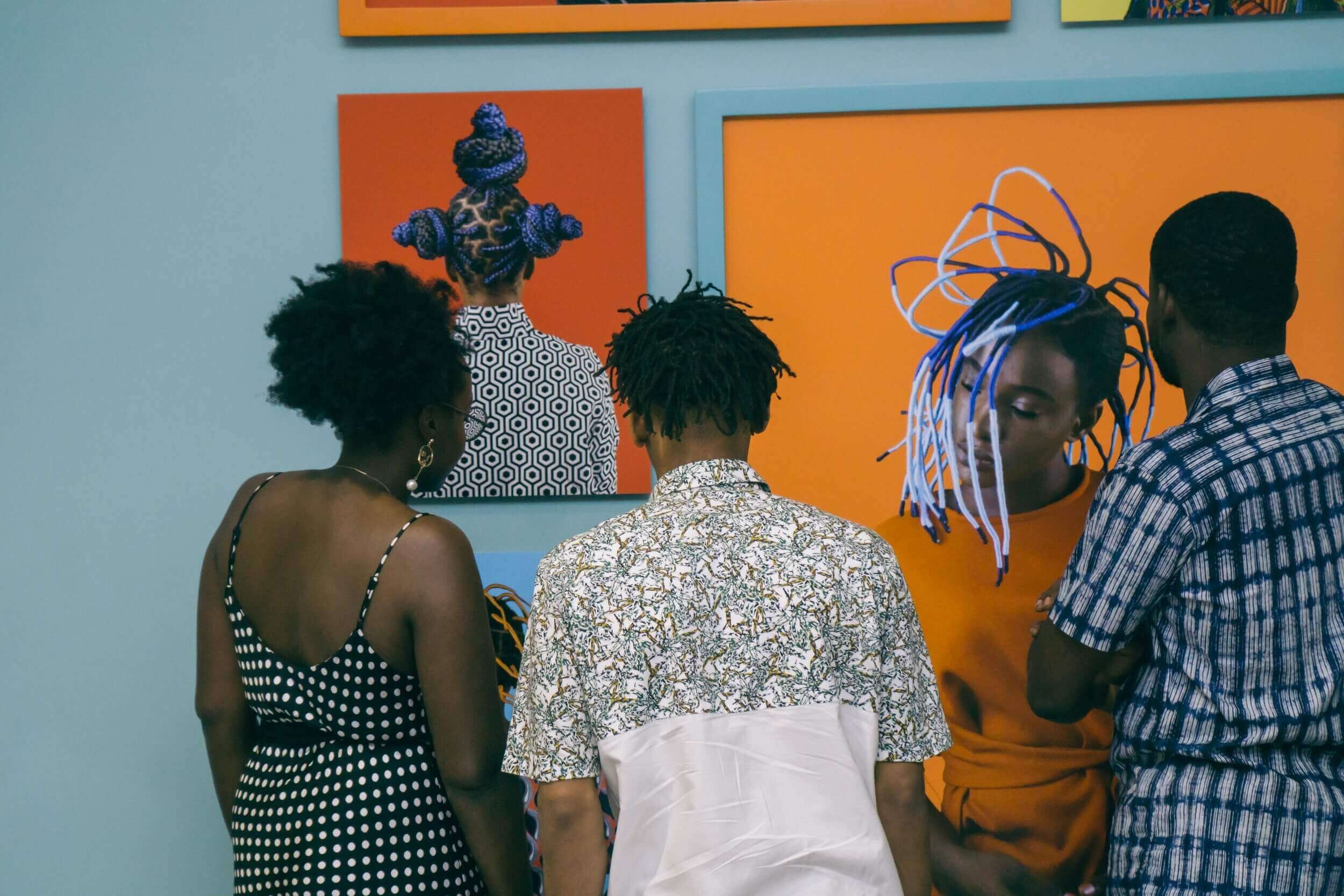
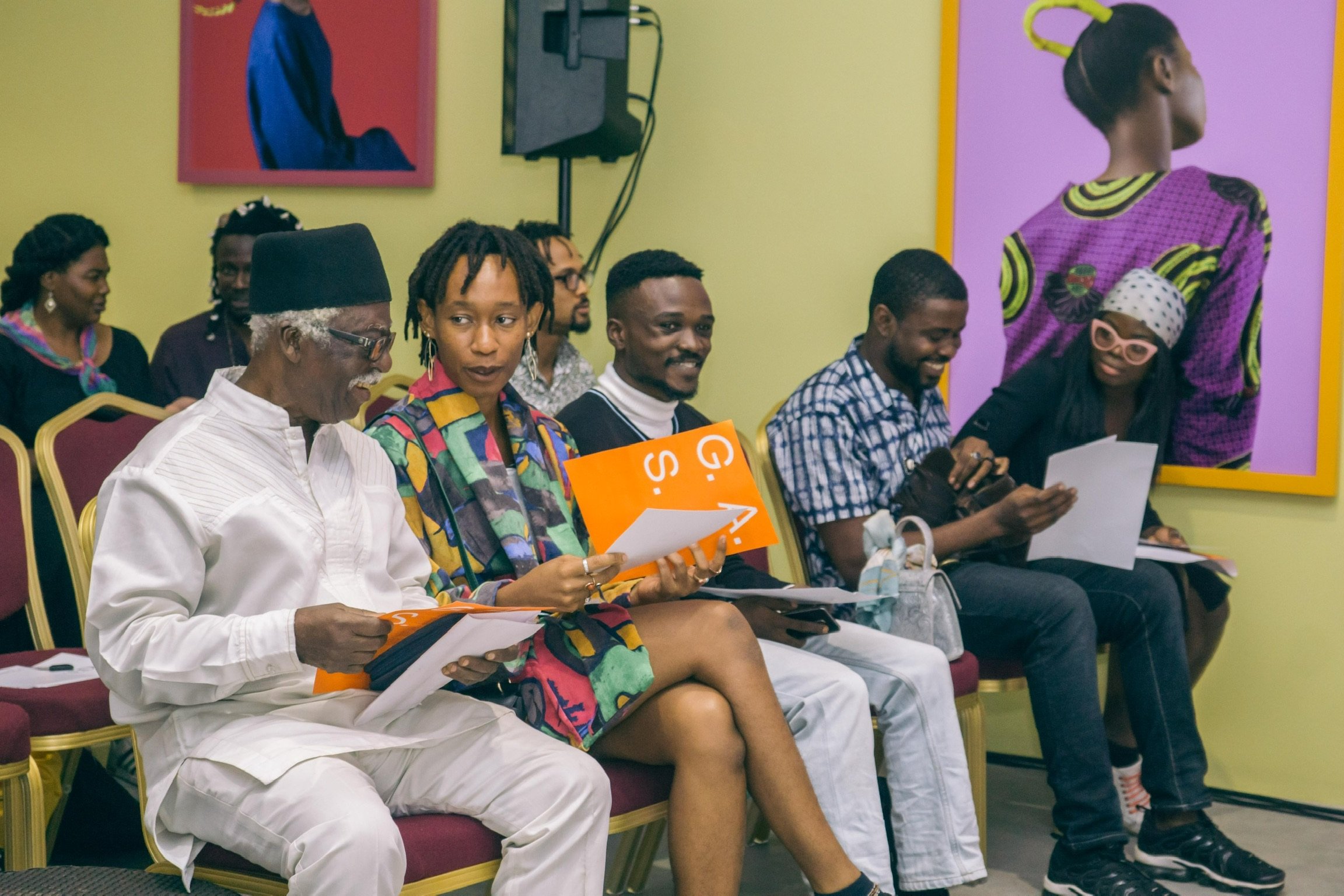
Discover Contemporary Art
ArtConnect is the leading destination to discover emerging contemporary artists worldwide.
More interviews you might like


